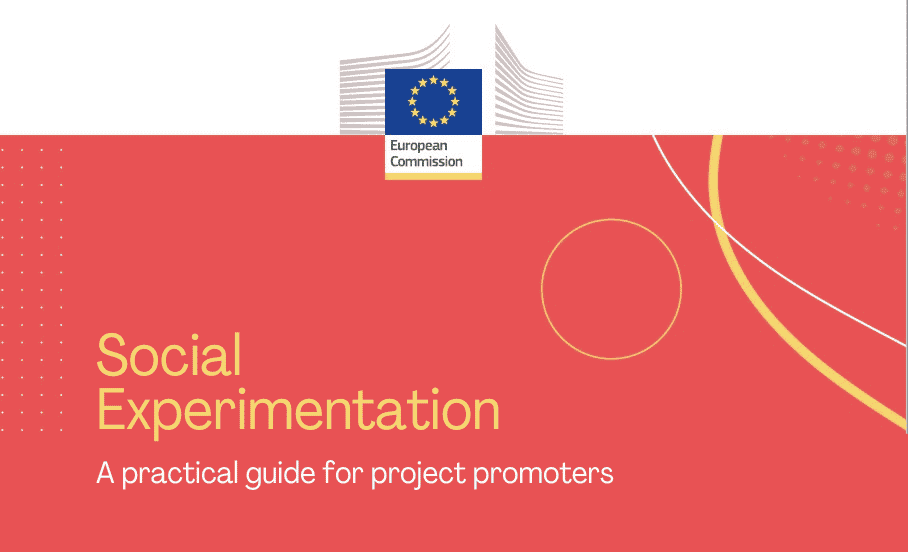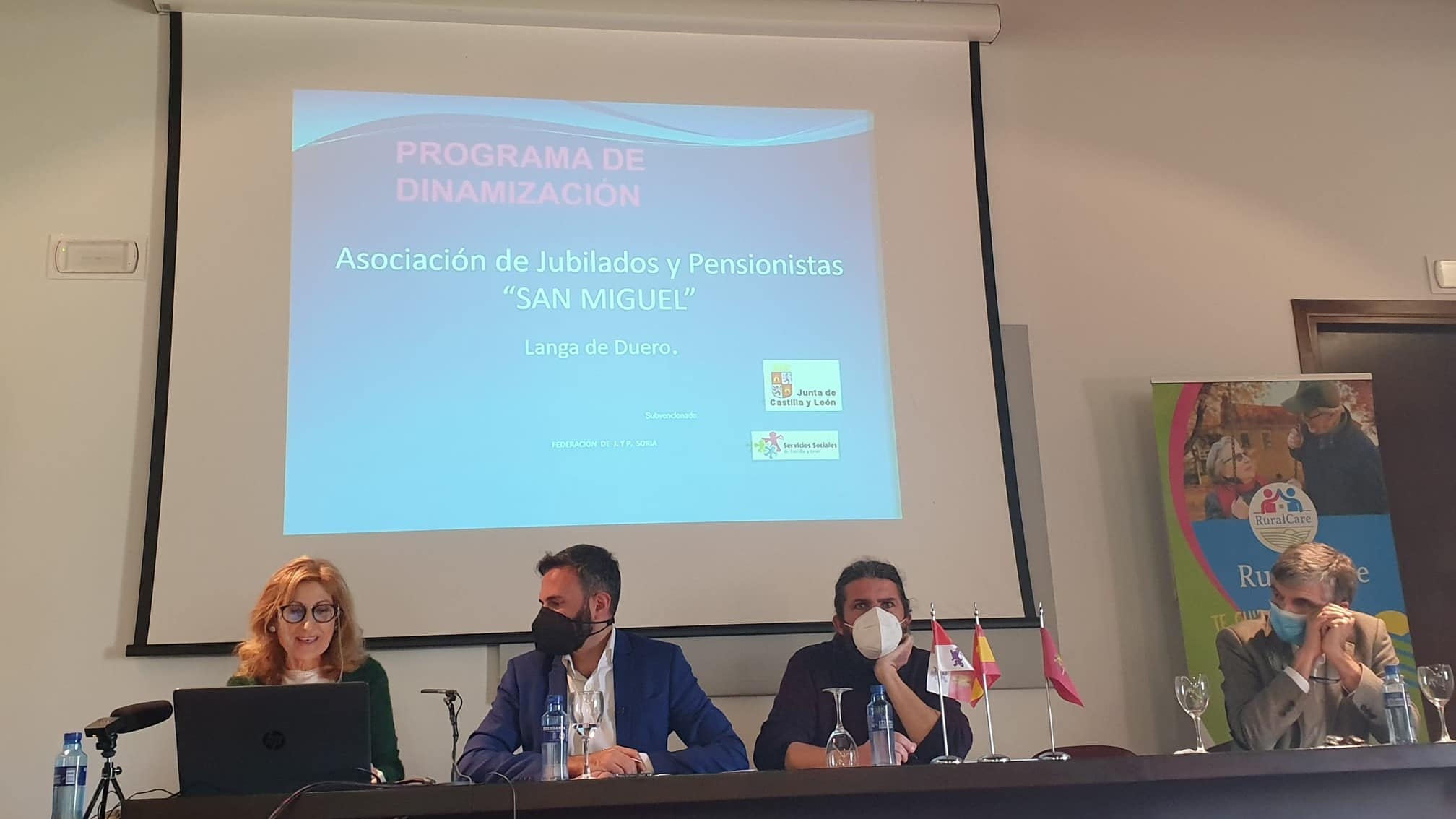Delivering long-term care in rural areas – improving quality and supporting the workforce
As Europe’s population grows older, so too does the need for care services and support for social services professionals and care providers, particularly in rural areas. As part of the Rural Care project, which aims to develop a new model of integrated long-term care, the European Social Network (ESN), in coordination with the Department for […]
The challenge of addressing long-term care in a rural environment
By Fundación Personas, Project Partner So far, the response to the care of people with needs in rural environments has been limited as a consequence of a dispersed population and the characteristics of the area (shortage of services; shortage of informal carers and professionals; difficulty for access to resources and increase of their cost; etc.). […]
A vision for rural care
The model that RuralCare aims to implement, assumes that each of the people who require some kind of support by Social Services is the centre of the intervention he/she receives and that professionals and resources are organized according to the needs and preferences of that person. In order to accomplish this, good local coordination of […]
RuralCare is included as an example of transfer and scalability in the guide “Social Experimentation; a practical guide for project promoters” of the Directorate General for Employment, Social Affairs and Inclusion of the European Commission.
The Directorate General for Employment, Social Affairs and Inclusion of the European Commission has published the guide “Social experimentation; a practical guide for project promoters”. A practical tool that combines knowledge and experience with some theoretical information, providing a solid understanding of social experimentation and practical advice for project development. The guide, whi
RuralCare professionals participate in the Closing Conference for the Evaluation of Social Innovation Calls
On 10 and 11 May took place in Brussels the closing event of the study on the evaluation and dissemination of the social innovation calls for proposals co-funded by the European Union Programme for Employment and Social Innovation (EaSI). Among the 44 projects of the 7 calls for proposals of social innovation which were supported […]
The revitalisation of the rural environment as a key factor in the care model
The RuralCare project aims to support people to remain at home until the end of their lives, if that is their wish, and to do so while maintaining their lifestyle. One of the key elements of the project to contribute giving meaning to people’s lives is the dynamization of the territory so that it becomes […]
The Rural Care Model: rethinking long-term care for elderly people in rural areas
RuralCare is a social innovation project which aims to design, test and evaluate a new approach in the provision of integrated long-term care for elderly people living in rural areas depending on their values, desires and individual preferences. A new report now outlines how the proposed model, being trialled in Castilla y Léon in Spain, […]
The RuralCare Project team actively participates in the 3rd Co-Creation Workshop for the Assessment of EaSI funded activities 2014-2020
A representation of the RuralCare consortium of partners has participated today in the 3rd Co-Creation workshop organised by the group of operators responsible for Assessing and Disseminating the Results of the Social Innovation Calls Financed by the EU Programme for Employment and Social Innovation (EaSI) 2014-2020. RuralCare´s objectives, ambitions, innovative dimension and results delivered so
RuralCare collaborates with the DG for Employment, Social Affairs and Inclusion of the European Commission for the evaluation of the EaSI Programme.
Contributing to the improvement and continuity of investment in social innovation. Click to access to the document
“Services based on people, and not the other way around”
The first step in implementing the RuralCare project has been to bring it closer to the people.
Launching
The concept of healthy ageing must be defined not by the absence of diseases but by the ability to continue performing all activities that interest the person.










